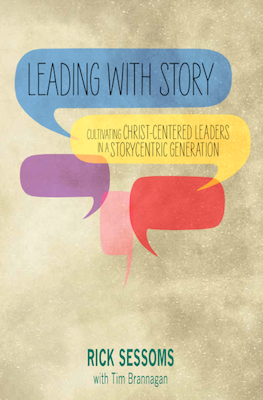What does it take to become an expert?
A popular writer cites the “10,000-hour rule.” According to this rule, if you practice for 10,000 hours, you will become an expert. But this rule is an oversimplification of important research: in fields as diverse as music, math, and leadership, deliberate practice is the only kind of practice that promises to produce excellence.
10,000 Hour Rule
In his best-selling book Outliers, Malcolm Gladwell cited studies on expert violinists to promote the “10,000-hour rule.” He used Mozart as a prime example. Mozart learned to play at the age of four. Despite his musical genius – both as a performer and a composer – he practiced for thousands of hours to cultivate his art while other boys played with toy soldiers.
So Gladwell does get the general concept correctly. To become an expert in any discipline – even for those with latent talent – takes tons of practice.
But not all practice is equal.
Some practice is little more than repeating the same mistakes over and over again. This kind of practice is not likely to yield star performers.
There’s another kind of practice that is characterized by focused, specific goals. It includes constructive feedback, and requires leaving one’s comfort zone to advance. This type of practice has better odds than muddling around with no direction.
However, to really become an expert requires deliberate practice. According to Ericsson and Pool, deliberate practice knows where it is going because others have provided the roadmap to get there.1 For example, the violin has been played for centuries, so the best training techniques to become a world-class violinist are well-known.
Leadership Excellence
Unfortunately, there is no common consensus on the roadmap to leadership excellence. Rather, the leadership landscape is littered with self-proclaimed leadership experts. To illustrate, I recently listened to a video blog of an elected official who was interviewed by one of his loyal, awestruck subordinates. He pointed to the virtues of his own style of leadership, and pontificated on the path for others to become like him. His voice is persuasive to many aspiring to become more influential. But his approach to leadership – despite the lofty language – has little support in theory, empirical data, or in thoughtful observation.
Respected Models of Leadership
To remedy this dilemma, it is important to begin by identifying some models of leadership that are commonly respected for excellence across disciplines. Here are two sources to consider:
- Jim Kouzes and Barry Posner have done some of the best work available on the “exemplary practices” that are necessary for transformational leadership. Check out their work at www.leadershipchallenge.com.
- Jesus Christ was the arguably the greatest leader who ever lived. Regardless of your religious persuasion, his model has been a leadership benchmark for millenia.
Regarding a roadmap for deliberate practice, my new book entitled Leading with Story: Cultivating Christ-centered Leaders in a Storycentric Generation (William Carey Library, 2016) has an entire section that provides validated leadership development strategies.
If you want to be an excellent leader, there’s no substitute for deliberate practice with proven models and a good roadmap for your journey.
1Anders Ericsson and Robert Pool, Peak, Houghton Mifflin Harcourt, 2016.


Leave a Reply